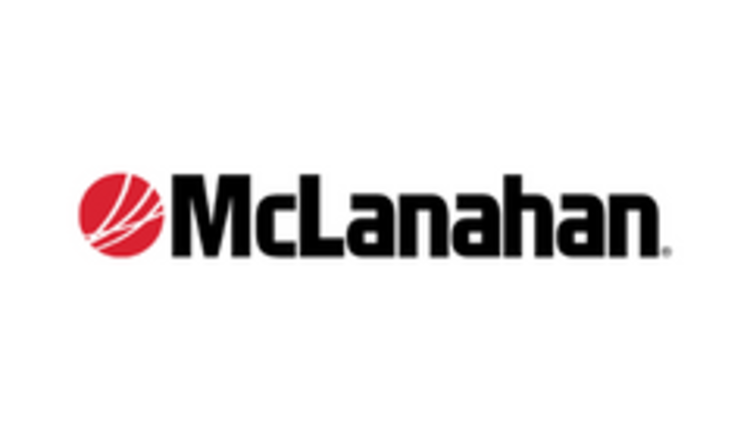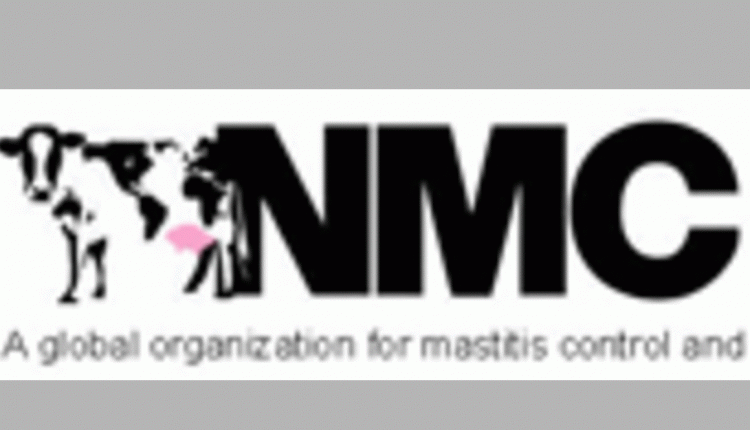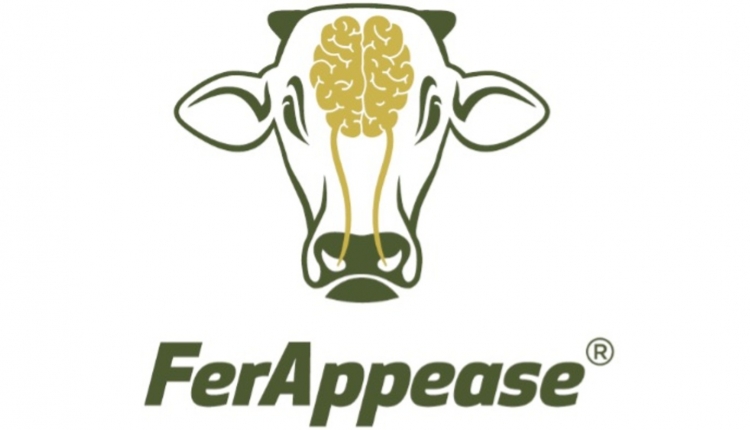
The costs associated with an incomplete cure and relapses can add up — chronically infected cows, expensive re-treatments and the potential spread of mastitis-causing pathogens. The ultimate effects are overall reduced production and increased expenses. On the other hand, a complete mastitis cure can mean more milk in the tank. Cows with complete mastitis cures gave 8.8 pounds more milk than cows not cured, according to a Cornell University study.1
For complete bacteriological cures and to prevent mastitis relapse, make this your treatment mantra: A clinical mastitis cure DOES NOT EQUAL a bacteriological cure. Stopping treatment because clinical symptoms clear up doesn’t guarantee a complete cure. Unfortunately, a clinical cure, when milk returns to normal, is not the same as a bacteriological cure and doesn’t equal treatment success — mastitis-causing pathogens may remain in the udder.
Help to attack mastitis-causing pathogens and achieve successful treatment outcomes the first time by applying these three tips:
- Know her health history: Not all cows are good candidates for intramammary therapy, make your decision based on the cow’s treatment history, length of infection, age, health status and lactation stage. It’s also important to identify the pathogen causing the infection by culturing milk samples from infected quarters. With this information, your veterinarian can prescribe the appropriate mastitis treatment and protocol.
- Tailor treatment: For those difficult mastitis pathogens, flexible mastitis therapy that’s on-label can sometimes be necessary to achieve a bacteriological cure and help reduce the chance of relapse. The option of flexible label mastitis therapy helps tailor treatment duration to the individual case of mastitis when extra days of therapy are needed. SPECTRAMAST® LC (ceftiofur hydrochloride) Sterile Suspension is the only mastitis product approved for additional treatments and provides the flexibility to continue once-daily treatment for up to eight consecutive days for more stubborn mastitis cases.
- Monitor treatment success to make sure you’re seeing high bacteriological cure rates, lower relapse rates and lower bulk tank somatic cell counts. Good records and monitoring are the only ways to know whether the treatment is working.
To learn more about achieving a complete, or bacteriological, mastitis cure, flexible label mastitis therapy with SPECTRAMAST LC and how a high somatic cell count can lower your profitability, contact your Zoetis representative.
IMPORTANT DIAGNOSTIC INFORMATION: SPECTRAMAST LC is intended for use in lactating dairy cattle only with the specified, labeled pathogens. To assure responsible antimicrobial drug use, it is expected that subclinical mastitis will be diagnosed using a positive culture, or other pathogen-specific test, in addition to any other, appropriate veterinary medical evaluation prior to treatment.
IMPORTANT SAFETY INFORMATION: People with known hypersensitivity to penicillin or cephalosporins should avoid exposure to SPECTRAMAST LC. Product requires a 72-hour milk discard period and a 2-day pre-slaughter withdrawal period following the last treatment. Use of this product in a manner other than indicated on the label, or failure to adhere to proper milk discard period, will result in violative residues. See full Prescribing Information.
About Zoetis
Zoetis (NYSE: ZTS) is the leading animal health company, dedicated to supporting its customers and their businesses. Building on more than 60 years of experience in animal health, Zoetis discovers, develops, manufactures and markets veterinary vaccines and medicines, complemented by diagnostic products, genetic tests, biodevices and a range of services. Zoetis serves veterinarians, livestock producers and people who raise and care for farm and companion animals with sales of its products in more than 100 countries. In 2017, the company generated annual revenue of $5.3 billion with approximately 9,000 employees. For more information, visit zoetisUS.com.
1 Schukken YH, Bennett GJ, Zurakowski MJ, et al. Randomized clinical trial to evaluate the efficacy of a 5-day ceftiofur hydrochloride intramammary treatment on nonsevere Gram-negative clinical mastitis. J Dairy Sci. 2011;94(12):6203-6215.


